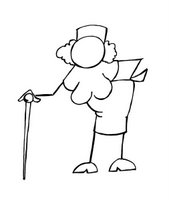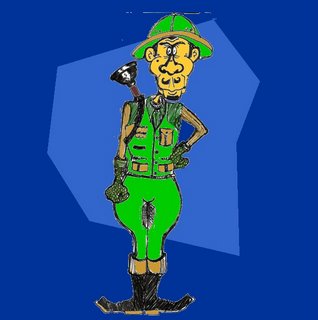
How to Practice
In order to make anything work, like the little old piano teacher, who when asked how to get to Carnegie Hall, replied, “You’ve got to practice!” You have to practice and within that practice you have to make mistakes and correct those mistakes. This is the process of learning and no matter how much we try to reengineer out mistakes and defects and to some extent in the counter to this practice, we need mistakes to learn. It is the only way. However, to learn and not continuously make mistake is the process of mastering learning or as one person said “to err is human, but if you wear out the eraser long before you wear out the pencil, your in trouble.”
So we must practice, but how? There are many ways:
The old fashioned way of finding that one place, free from interruptions, ergonomically correct, and setting aside 20 minutes or so to dedicate to the learning of stuff once a day. It is recommended and very well documented and approved. It is something I have tried to do since childhood and something I may be able with the force of my will for about a week or so. I had too many interruptions, even as a child, in my life to be able to keep that going in any one of the many areas of needed practice.
Then there is the college way, which is enjoy your life most of the time and cram right before. Though not recommended, who has not graduated with a degree or many degrees not having done that once or continuously throughout their college career? Not recommended, but successful.
And there are many shades and variations of these and others.
And then there is Mr. Thomas’ way. Mr. Thomas was my violin teacher for nine years and never once did he ask me to practice a set time per day. Rather, he told me to leave my violin out and my music on a stand and to pick up the instrument throughout the day and play, walk around the house, play for people, just play. It is interesting that we use this term “to play” when we speak of working on developing competency with an instrument, rather than saying, “Son, I want you to practice your violin so you can develop competency with your instrument.” It is also funny that we say “practice” and not “master” or develop “expertise”. It’s also funny that when we speak of a doctor’s business we call it a “practice”. It seems the most intensely focused and dedicated professions call their daily activities “practice.” Practice is then an everyday, every moment thing. Or as Socrates said, “Excellence is what we do everyday.”
As an aside, Yo Yo Ma, probably the greatest cellist since Pablo Casals, who, when as a young student began getting discouraged with the complexity of the music he was learning was told by his father, “Take time to play what you love, You have always loved Mozart. Play Mozart…” Just play. And if you were to chronicle Yoyo Ma’s life to this point, you can see his love of the instrument and his playfulness in the diversity of style. He has recorded music from classical to neo classical to pop to Applachian and others.
I think what Mr. Thomas gave me along with all the great teachers in history was to take every opportunity to practice. And to practice means to play. Just play. Play in quantity or as Julia Cameron says in The Artist’s Way, “Concentrate on the quantity and let God handle the quality.” Just play.

